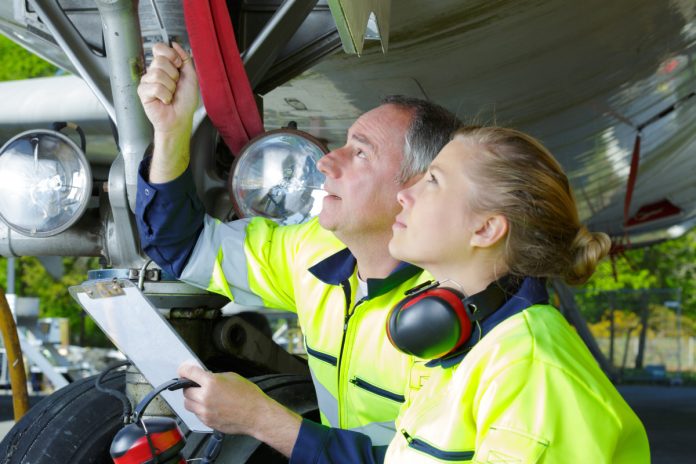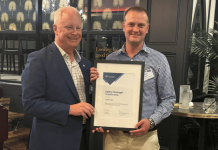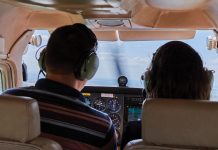Aviation safety managers are ‘the glue of an aviation organisation’ according to aviation safety advisor Terry Horsam. They keep the organisation from coming unstuck in an accident ort incident.
‘They actually know what’s occurring on the front lines, they have daily contact within their operation, and they have a direct line to their CEO,’ Horsam says.
With that in mind, we’re proudly supporting the industry with their safety management system (SMS) requirements by announcing the 3 winners of our safety manager scholarship program.
Now in its second year running, the scholarships – worth up to $5000 each – were awarded to Ashleigh May Jacka, Courtney Ryan, and Jaime Taylor.
Our program provides financial support to safety managers who are committed to the development of a healthy aviation safety culture within their organisations and expand their knowledge and skills through professional development.
The three winners work at a diverse range of aviation organisations, with different levels of aviation experience.
Jacka is a qualified safety officer for the aviation and skydiving divisions at Experience Co Adventure Makers, an Australia-wide adventure and tourism leisure business. She’s also the organisation’s safety manager for its ‘There by Air’ division.
Meanwhile Ryan juggles both safety manager and pilot roles with Stirling Helicopters – a charter, pilot training course provider and aerial work specialist organisation based out of Australia’s beef capital, Rockhampton.
And Taylor, an experienced commercial pilot, serves as both the safety and operations manager for Flinders Island Aviation Services, a charter and freight services operator in Tasmania.
All 3 scholarship winners demonstrated qualities that are essential in the role of aviation safety managers – a profound commitment to aviation safety, professionalism, and a natural enthusiasm for their chosen profession.
Horsam, panelled alongside Greg Marshall, safety systems inspector and Prue Zamora, community partnerships section manager, assessed the applicants’ qualifications and commitment to safety management against the evaluation criteria.
Horsam noted that word is spreading within the industry about CASA’s support for this important facet of the aviation community.
‘We received a diverse range of applications this time from people who were very qualified and already had a lot of experience, but who wanted to update their skills and knowledge base,’ he says.
‘And there were also applicants who were just starting out in their safety manager journey. They wanted to gain additional experience or get a better understanding of the key personnel role so that they could be useful to their organisation.
‘So, essentially all the applicants were either already in a key personnel role, or they were looking to get into the role. They were all aviation-orientated, and all of them had their own merits.
‘But when we assessed the eventual winners and we saw the trajectory that they were on, we decided awarding them with a scholarship was going to give them the necessary boost to enhance them in the safety manager role.
‘The aim of the scholarship was to provide that impetus for them to keep going and to improve on the skills that they were already developing.
‘They’re excited about representing CASA as an aviation safety ambassador and promoting aviation safety to the wider aviation community.’
Horsam, who also advises on SMS and human factors in his role, says the aviation industry is about more than just people who fly and fix planes.
‘With even more operators requiring implementing SMS in their organisations within the next few years, it’s more important than ever to provide safety managers with similar opportunities to others in the industry.’






I have known many Safety Managers that do not actually do what Terry Horsam says
“Aviation safety managers are ‘the glue of an aviation organisation’ according to aviation safety advisor Terry Horsam. They keep the organisation from coming unstuck in an accident ort incident.
‘They actually know what’s occurring on the front lines, they have daily contact within their operation, and they have a direct line to their CEO,’ Horsam says.”
I agree that both their role and is what is supposed to occur, but unfortunately there are both well intended and lazy Safety Managers out there the latter is what lets the whole SMS philosophy down.